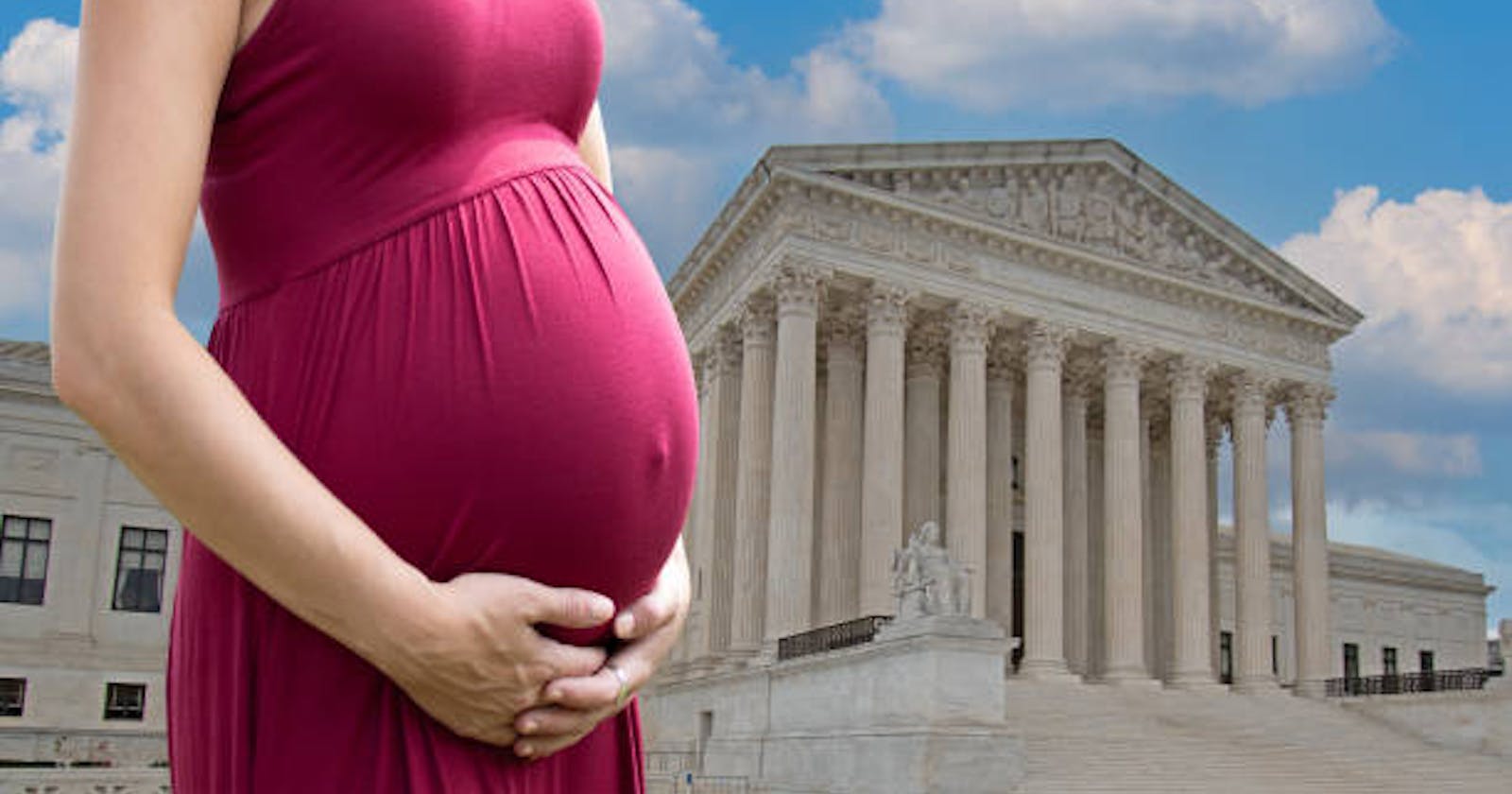Embracing Reproductive Justice: Unitarian Churches as Advocates for Choice and Equity
Reproductive justice is a fundamental aspect of ensuring gender equality and bodily autonomy. It encompasses the rights of individuals to make informed decisions about their reproductive health, access to safe and legal abortion services, comprehensive sex education, and affordable contraception. In the pursuit of reproductive justice, Unitarian churches have emerged as steadfast advocates, promoting choice and equity for all individuals. This blog explores how Unitarian churches are embracing reproductive justice, supporting their congregations, and fostering inclusive communities.
Unitarian Principles and the Foundation of Reproductive Justice
Unitarianism is rooted in principles of freedom, reason, and compassion. Unitarian churches recognize the inherent worth and dignity of every person and aim to create an inclusive space where individuals can explore and develop their beliefs. These principles align with the tenets of reproductive justice, emphasizing the right of every person to have control over their reproductive lives. Unitarian churches provide a supportive framework for discussions on reproductive health, education, and the importance of choice.
Comprehensive Sex Education and Empowerment
Unitarian churches understand that comprehensive sex education is vital for promoting reproductive justice. They recognize the need to provide accurate information about sexual health, consent, contraception, and reproductive rights. By offering comprehensive sex education programs, Unitarian churches empower individuals with the knowledge they need to make informed decisions about their bodies, relationships, and reproductive health. These programs also create a safe space for open dialogue and discussions about reproductive justice issues.
Advocacy and Support for Reproductive Rights
Unitarian churches actively engage in advocacy efforts to protect and expand reproductive rights. They support initiatives that ensure access to safe and legal abortion, fight against restrictive legislation, and advocate for policies that promote reproductive justice. Unitarian congregations often participate in local and national marches, rallies, and campaigns to raise awareness about the importance of reproductive rights and challenge any infringements on bodily autonomy. They work in collaboration with other organizations to effect meaningful change and create a more just society.
Pastoral Care and Compassion
Unitarian churches provide compassionate pastoral care to individuals facing difficult reproductive choices. They offer non-judgmental support, counseling, and resources to those seeking guidance during pregnancy, adoption, or abortion decisions. Unitarian ministers and congregants are trained to provide emotional support and create a nurturing environment that acknowledges the complexity and personal nature of reproductive choices. This support extends beyond the immediate decision-making process, ensuring that individuals feel cared for throughout their reproductive journeys.
Intersectionality and Reproductive Justice
Unitarian churches embrace the concept of intersectionality in their advocacy for reproductive justice. They recognize that reproductive oppression is intertwined with other forms of oppression, such as racism, classism, ableism, and homophobia. Unitarian congregations strive to address these intersecting inequalities by engaging in dialogue and education about the unique challenges faced by marginalized communities in accessing reproductive healthcare. By centering the experiences of those most impacted by reproductive injustices, Unitarian churches work towards creating a more inclusive and equitable society for all.
Supporting Parenthood and Family Planning
Unitarian churches not only advocate for the right to choose, but they also recognize the importance of supporting individuals and families in their decisions around parenthood and family planning. They provide resources and support for individuals considering adoption, surrogacy, or assisted reproductive technologies. Unitarian communities foster a sense of belonging and understanding for those navigating the complexities of building families, embracing the diversity of family structures, and honoring the decisions individuals make regarding their reproductive journeys.
Education and Awareness Beyond the Congregation
Unitarian churches understand the importance of extending their commitment to reproductive justice beyond their congregations. They engage in community outreach programs, partnering with local organizations to provide education, resources, and support to individuals who may not have access to comprehensive reproductive health services. Unitarian churches host workshops, seminars, and events to raise awareness about reproductive justice issues within the broader community, working towards dismantling stigmas and ensuring that everyone has the information they need to make informed decisions about their bodies.
Collaborating with Reproductive Justice Organizations
Unitarian churches actively collaborate with reproductive justice organizations to amplify their efforts. They form partnerships with local, national, and international organizations that advocate for reproductive rights, access to healthcare, and comprehensive sex education. By working in solidarity with these organizations, Unitarian churches contribute to collective action and create a stronger, more unified movement for reproductive justice. They provide support through volunteer work, fundraising, and advocacy campaigns, leveraging their resources and platforms to effect positive change.
Conclusion
Unitarian churches are at the forefront of embracing reproductive justice, advocating for choice and equity within their congregations and beyond. Through their principles, comprehensive sex education programs, support for reproductive rights, compassionate pastoral care, intersectional awareness, and community collaborations, Houston churches create inclusive spaces where individuals can make informed decisions about their reproductive health and exercise their rights. Their dedication to reproductive justice reflects their commitment to social justice as a whole, as they work towards creating a society that upholds the dignity and autonomy of every individual.

